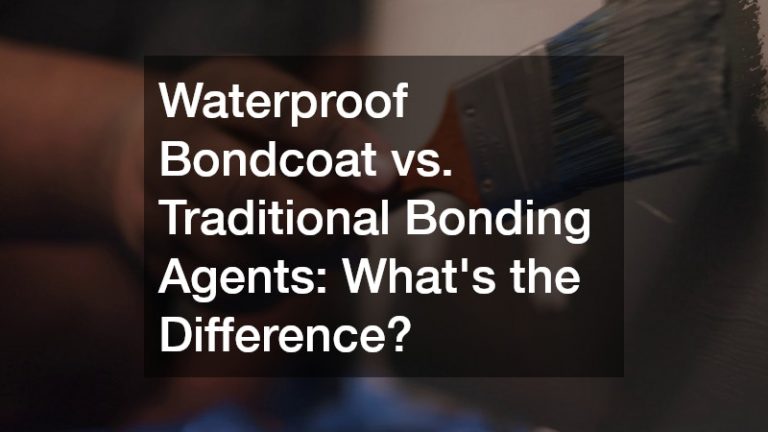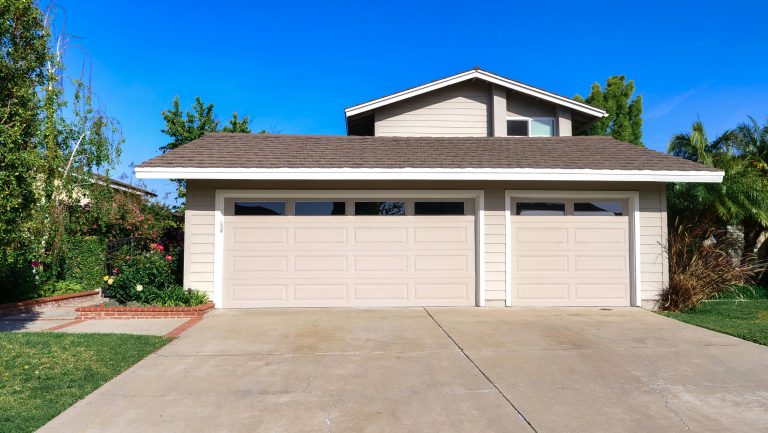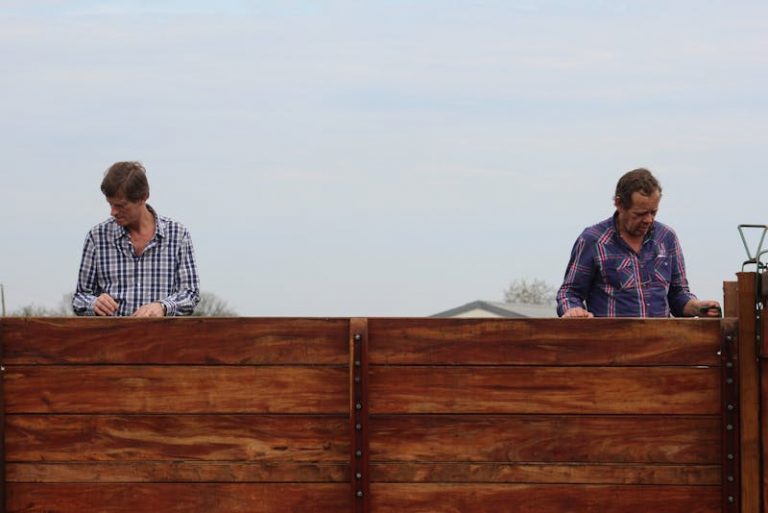

Updated 4/11/22
When it rains but it pours inside your home, it means there’s some fix that needs to be done. Water seeping through cracks, and damaging walls, floors, and furniture can be quite exasperating for homeowners. It gets worse when you have a basement with water. It might be out of sight, but not out of mind. The solution to this is waterproofing.
To get your basement water proof, especially the interior walls of it, you’ll have to contact professional basement waterproofing companies. Another good option would be vinyl flooring. The next obvious question that popped into your mind would be ‘Are vinyl floors waterproof?’ Indeed, they are, since they’re composed of PVC. And, with the right installation techniques, vinyl flooring can be water-resistant.
Considering the ancient waterproofing methods where substances found in nature such as tar, pitch, oil, or wax were used to provide objects with waterproof qualities, the chemical used for waterproofing these days is far more effective.
With waterproofing, not only do the walls remain dry, but it also prevents the extensive damage caused by water seepage and the expenses incurred for repeated, intermittent repairs.

The rainy season may be coming to an end, but that doesn’t mean that homeowners can forget about water in the basement. Ice and snow that builds up around the exterior of a house can seep into the basement as they melt, causing extensive water damage and hazardous conditions inside the home. It’s important for homeowners to do their best to keep water out of their homes, but sometimes despite even their best efforts, water finds a way in. Because of this, waterproofing interior basement walls is a good tactic for preventing wet basement problems that can lead to major water damage. How can homeowners do this?
Techniques For Waterproofing Interior Basement Walls
-
- Concrete Coating – Concrete coating is thick substance similar to cement. It should be applied to interior basement walls with a study brush with thick, natural fiber bristles. Once the coating has been painted on and has dried, it permanently sticks to the walls. While this heavy duty coating is a great way to fight water in the basement from damaging walls, homeowners should be aware that it can’t be applied to walls that have paint on them already.
-
- Silicate-Based Concrete – Just like a concrete coating, silicate-based concrete sealers cannot be used on walls that are currently painted. When this type of coating is applied to brick and concrete basement walls, it initiates a chemical reaction with the materials and creates a strong and solid layer that water can’t penetrate. Two coats of a silicate-based sealer applied with a roller usually does the trick.
-
- Waterproofing Paint – Another way to fight leaky basement walls is with a waterproofing paint. This acrylic-based solution is very similar to a regular paint that would be used to color walls, but more coats are needed to create a waterproof barrier. The good news about waterproof paint is that is can be applied right over painted walls, so homeowners don’t need to worry about removing paint before waterproofing walls.

- Plastic Panels – Plastic panels and sheets can be used to cover walls, but a drainage system needs to be installed along with it, as well as a basement sump pump. When water seeps in, it drains down the back side of the plastic sheets and into the drainage system. The sump pump then distributes the water out of the home. While this method can’t solve wet basement problems in itself, most basements already have a sump pump.
All of these interior waterproofing techniques can keep basement walls dry and safe, and they can all be easily completed by homeowners. Wet basement problems can lead to extensive water damage and expensive repairs. By taking these preventative measures, homeowners can ensure that their basement stays nice and dry. Read more articles like this: www.aquatechwaterproofing.ca






